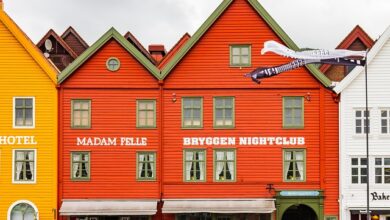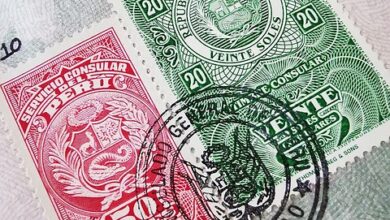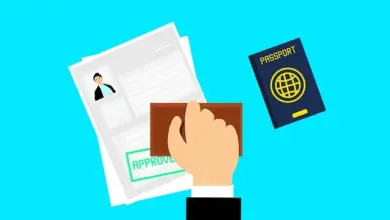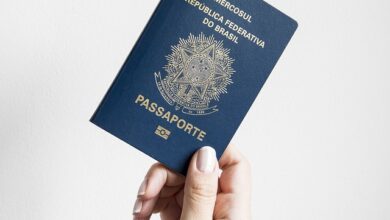How to Apply for Belgian Citizenship: A Step-by-Step Guide
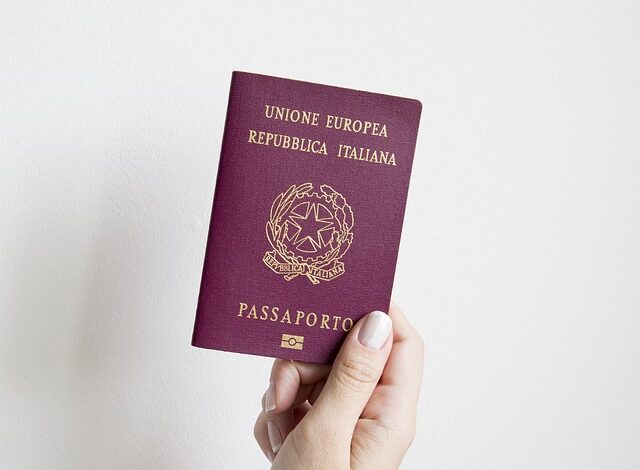
Obtaining Belgian citizenship is a significant milestone that grants you access to the rights and privileges of being a citizen of a European Union (EU) member state. Whether you’re drawn to Belgium’s rich culture, high quality of life, or strategic location in Europe, acquiring Belgian nationality can open doors to opportunities within the EU and beyond. Below is a comprehensive guide on how to apply for Belgian citizenship.
1. Understand the Eligibility Criteria
To become a Belgian citizen, you must meet specific requirements set by Belgian law. The most common pathways to citizenship include:
A. Naturalization
Naturalization is the process through which non-Belgians can acquire citizenship after residing in Belgium for a certain period. Key requirements include:
- Residency : You must have legally resided in Belgium for at least 5 years (continuous residence). For spouses or legal cohabitants of Belgian citizens, the requirement is reduced to 3 years .
- Language Proficiency : Demonstrate knowledge of one of Belgium’s official languages (Dutch, French, or German) at the B1 level of the Common European Framework of Reference for Languages (CEFR).
- Integration : Show evidence of integration into Belgian society, such as participation in civic activities, employment, or community involvement.
- Good Conduct : Have a clean criminal record and demonstrate respect for Belgian laws and values.
B. Declaration of Nationality
This pathway applies to individuals with close ties to Belgium, such as:
- Marriage or Legal Cohabitation : Spouses or legal cohabitants of Belgian citizens can apply after 3 years of marriage/cohabitation and 3 years of residency in Belgium.
- Children Born in Belgium : Children born in Belgium to foreign parents may qualify if they have lived there continuously since birth and meet other conditions.
- Adopted Children : Children adopted by Belgian citizens automatically acquire citizenship under certain circumstances.
C. Dual Citizenship
Belgium allows dual or multiple citizenships, meaning you do not need to renounce your original nationality when becoming a Belgian citizen. However, check the laws of your home country, as some nations prohibit dual citizenship.
2. Gather Required Documents
The application process requires several documents to prove your eligibility. These typically include:
- A valid passport or ID card.
- Proof of legal residence in Belgium (e.g., residence permit, visa).
- Birth certificate (translated into French, Dutch, or German if necessary).
- Marriage or cohabitation certificate (if applicable).
- Criminal record clearance from your home country and Belgium.
- Evidence of language proficiency (e.g., diploma or test results).
- Proof of integration (e.g., employment contract, participation in civic activities).
Ensure all documents are up-to-date and officially translated if needed.
3. Submit Your Application
The application process varies depending on your situation:
A. Naturalization
- File your application with the municipal administration (commune) where you reside.
- Complete the required forms and submit them along with supporting documents.
- Pay the application fee, which varies but is generally around €200–€300.
B. Declaration of Nationality
- If eligible through marriage, cohabitation, or descent, submit your declaration to the local municipality.
- Provide all necessary documentation to prove your relationship to a Belgian citizen or your connection to Belgium.
C. Children Born in Belgium
- Parents or guardians must file an application on behalf of the child before they turn 18.
- Include proof of continuous residence and any additional documents requested by the authorities.
4. Attend an Interview
As part of the naturalization process, you may be required to attend an interview to assess your knowledge of Belgian society, culture, and values. This could involve questions about:
- Belgian history and geography.
- The political system and EU membership.
- Daily life and customs in Belgium.
Preparing for this interview is crucial. Consider taking civic education courses offered by local organizations or municipalities.
5. Pass the Language Test
Demonstrating proficiency in one of Belgium’s official languages is mandatory for naturalization. You can take a standardized language test at an accredited institution. Alternatively, completing a recognized integration course may exempt you from the test.
6. Wait for Approval
After submitting your application, the processing time can vary significantly—typically ranging from 6 months to 2 years , depending on the complexity of your case and administrative workload. During this period:
- Stay informed about the status of your application by contacting the relevant authorities.
- Avoid traveling outside Belgium for extended periods, as prolonged absences may affect your eligibility.
7. Take the Oath of Allegiance
If your application is approved, you’ll be invited to attend a citizenship ceremony where you’ll take the oath of allegiance to Belgium. The oath includes pledging loyalty to the King, the Constitution, and the laws of Belgium.
8. Receive Your Belgian Passport
Once you’ve taken the oath, you officially become a Belgian citizen. You can then apply for a Belgian passport or national ID card. To do so:
- Visit the local municipality to request your new identity documents.
- Provide recent photos and pay the associated fees.
9. Benefits of Belgian Citizenship
Becoming a Belgian citizen offers numerous advantages:
- Freedom of Movement : As an EU citizen, you can live, work, and study anywhere in the European Union.
- Voting Rights : Participate in local, regional, and national elections.
- Access to Services : Enjoy full access to Belgium’s healthcare, education, and social welfare systems.
- Security : Hold a Belgian passport, which ranks among the strongest globally in terms of visa-free travel.
10. Common Challenges and Tips
While applying for Belgian citizenship is straightforward for many, challenges may arise:
- Language Barrier : Invest time in learning Dutch, French, or German to improve your chances.
- Documentation Issues : Ensure all paperwork is accurate and properly translated to avoid delays.
- Integration Requirements : Engage actively with Belgian society through work, volunteering, or cultural activities.
